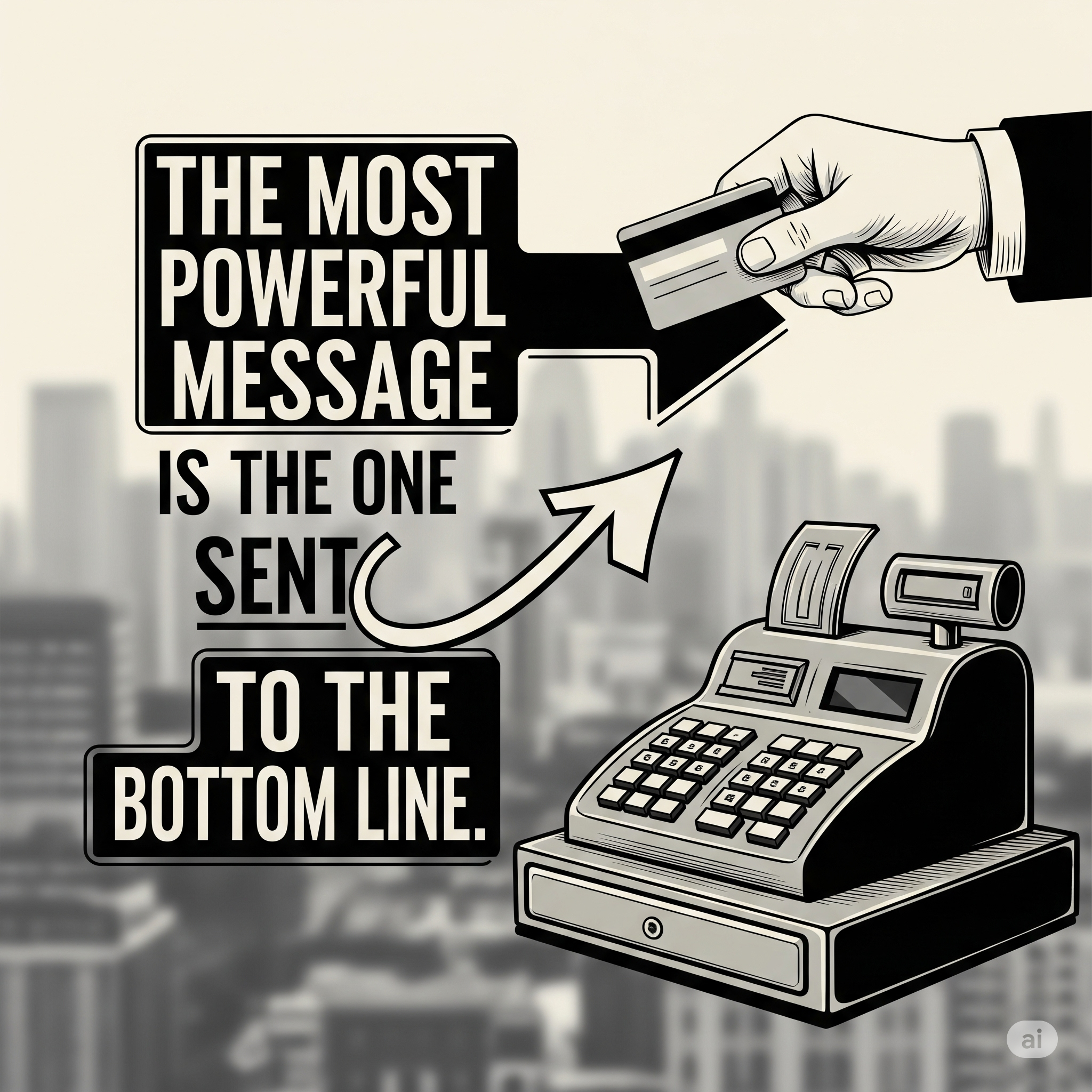Your Wallet is Mightier Than the Law: Why 'Stop Killing Games' Misses the Mark
The "Stop Killing Games" initiative has gained significant traction, fueled by gamers' righteous anger over publishers unceremoniously shutting down servers for online-only titles, rendering them expensive, unplayable digital paperweights. The sentiment is understandable and justified. We purchase a product, and we expect to be able to use it. The call for legislative action to protect consumers feels like a logical next step.
However, as a consumer advocate, I must argue that while the spirit of this movement is correct, its proposed method—legal reform—is a slow, arduous, and ultimately inefficient path for this specific problem. There is a faster, more potent, and more direct solution available to every single one of us: **stop buying online-only games.**

The most powerful message is the one sent to the bottom line.
The Sisyphean Task of Legislation
Pushing for new laws seems like the ultimate solution. If a practice is bad, outlaw it. Simple, right? Unfortunately, the reality of the legislative process is anything but. Crafting, introducing, and passing a bill is a marathon, not a sprint. It can take years of debate, amendments, and procedural hurdles.
Throughout this lengthy process, the bill faces its greatest threat: corporate lobbying. The video game industry has incredibly powerful and well-funded lobbying groups. They will be working tirelessly behind the scenes to argue their case, influence lawmakers, and ensure any resulting legislation is as toothless as possible. By the time a bill becomes law, it's often a watered-down version of its original intent, full of loopholes that publishers can easily exploit. We'd be fighting a multi-year battle only to end up with a symbolic victory that changes very little in practice.
The Real Power Lies in Our Collective Action
Why do publishers release online-only games that they know might be shut down in a few years? The answer is brutally simple: because we buy them. They are profitable. As long as the sales figures for these games are high, there is a clear financial incentive to continue this business model. The change we seek won't come from a courtroom; it will come from the marketplace.
Here’s why focused consumer action is more effective:
- It Has an Immediate Impact: A new law might take effect in 2028. A coordinated boycott impacts quarterly earnings *this* year. Low pre-order numbers and weak launch sales send a message that is impossible for executives and shareholders to ignore.
- It Bypasses the Lobbyists: There is no politician to influence, no committee to sway. The message is transmitted directly from our bank accounts to theirs. It's a language they understand perfectly and cannot dilute.
- It Sets a Clear Market Precedent: When a high-profile, online-only game fails commercially due to consumer backlash, it creates a chilling effect for other publishers considering a similar strategy. It proves that the model is a financial risk, making them more likely to invest in games with offline modes and more consumer-friendly features.
A Hard Truth for a Passionate Community
"Publishers aren't charities; they are businesses. They respond to market forces, not moral pleas. The most powerful force we, as consumers, can exert is the withdrawal of our financial support."
Conclusion: Be the Change You Want to See
Supporting the idea behind "Stop Killing Games" is noble. We should absolutely demand better from the industry. But we must be strategic. Instead of pouring our energy into a long-shot legislative battle that will be fought on the industry's home turf, we should focus our efforts on the arena where we hold all the power: the point of sale.
Don't pre-order online-only games. Don't buy them at launch. Encourage your friends to do the same. Support developers and publishers who respect your purchase by including offline modes, local co-op, and peer-to-peer options. When the cost of anti-consumer practices outweighs the profit, those practices will disappear. It's not just about saving games; it's about shaping a better future for the entire industry.
Disclaimer: This article was written by a human with the assistance of an AI language model for research and structure. It is not 'slop' and represents a genuine, human-driven perspective on the issue.